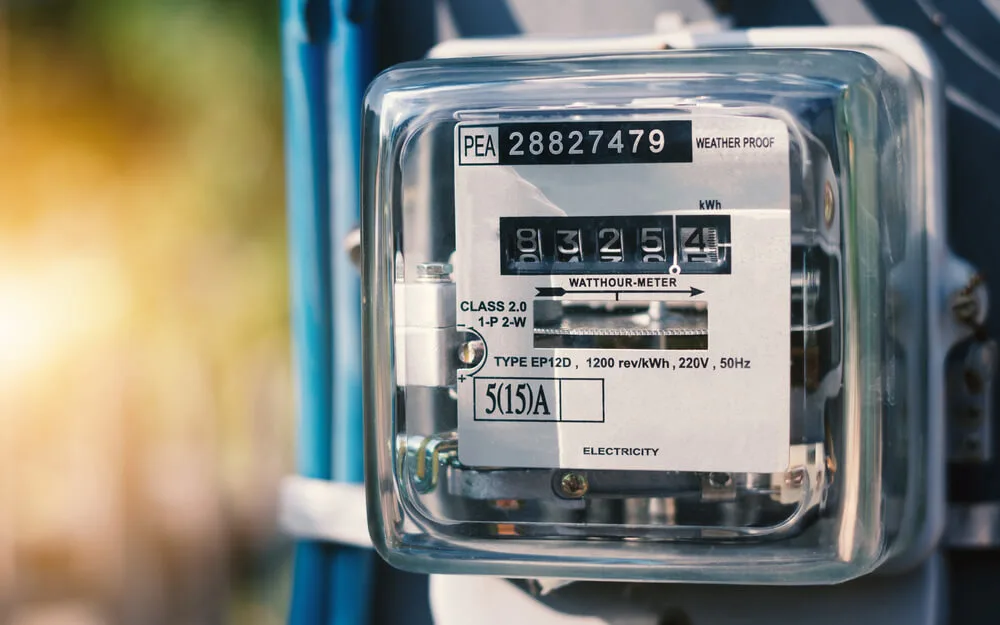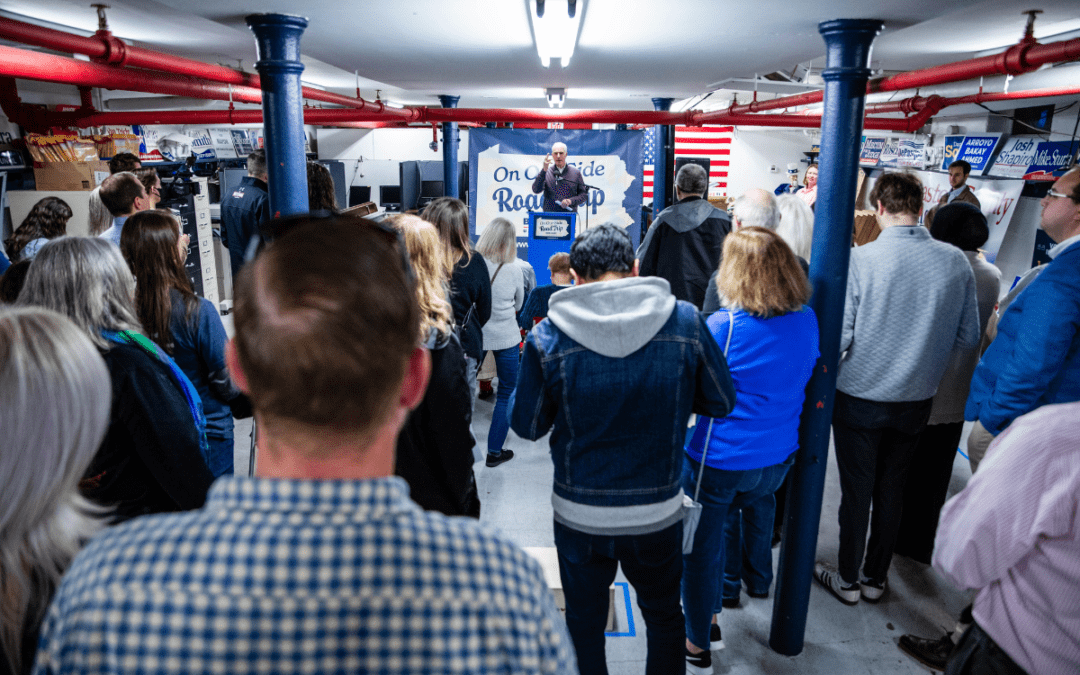
Image via Shutterstock.
Nearly 180 million Americans are at risk of having lights, water turned off as the coronavirus pandemic continues.
As the pandemic continues and colder weather approaches in the United States, millions of Americans who have fallen behind on their utility payments could face shut offs.
At the beginning of the pandemic, many states implemented utility shut-off bans so that people who had lost their income due to COVID-19 could keep their lights on and maintain running water. Since then, however, many of those bans have expired. Currently only 21 states and the District of Columbia still have active shut-off bans in place, according to the Washington Post.
This leaves about 179 million Americans at risk of having their utilities shut off at a time when hand washing is vitally important and staying home is encouraged. In nine states there are millions of residents that are set to lose their shut off protection starting on October 1. And while many states are no longer under lockdown, unemployment numbers remain stubbornly high.
The trouble with moratoriums on utility shut off and even rent or mortgage payments is that there’s no guarantee that money will be forgiven down the road. Residents are still expected to pay eventually and often rack up enormous bills that would be difficult to pay under normal public health and economic circumstances.
Sorting Fact From Fiction: Sign up for The Keystone’s newsletter.
According to the National Assistance Directors’ Association,which handles policy for the Low-Income Home Energy Assistance Program, electric and gas debts across the country could reach $24.3 billion by the end of 2020. Some communities have it worse than others. In Indiana, there are more than 112,000 households that are 120 days behind on their power bills. The community’s debt, which costs millions of dollars, is four times larger than debts accrued during the same amount of time last year.
The massive debt has some utility companies hurting. According to the Washington Post, some companies have signaled that they may have to raise their rates to make up for their anticipated losses.
Meanwhile, jobless numbers in the country continue to be high, although the September data shows the unemployment rate dropped slightly.
Economists are concerned, however, about what the fall and winter months will bring as businesses continue to try to adapt to the new normal. There is added concern as well if Congress cannot pass an additional aid package to help individuals and businesses.
The effects of previous federal aid is fading, according to the Wall Street Journal. The enhanced unemployment benefits and personal stimulus checks helped people infuse their money into their local economies. Without it and as spending drops the US could be headed for a long, cold winter.
Politics

6 terrifying things that could happen if the Comstock Act is used to target abortion
Does 1873 sound like a really, really long time ago? Well, that’s because it is—but if Republicans and far-right anti-abortion activists have their...

Sheetz hit with lawsuit for allegedly discriminating against minority job applicants
The Equal Employment Opportunity Commission filed suit against Sheetz and two subsidiary companies, alleging the Altoona-based chain discriminated...

Bob Casey: Past time to reign in corporations ‘jacking up their prices’
US Sen Bob Casey continued calling out corporate greed and price gouging at a canvass launch in the City of Lancaster on Sunday. Maintaining the...
Local News

Conjoined twins from Berks County die at age 62
Conjoined twins Lori and George Schappell, who pursued separate careers, interests and relationships during lives that defied medical expectations,...

Railroad agrees to $600 million settlement for fiery Ohio derailment, residents fear it’s not enough
Norfolk Southern has agreed to pay $600 million in a class-action lawsuit settlement for a fiery train derailment in February 2023 in eastern Ohio,...





